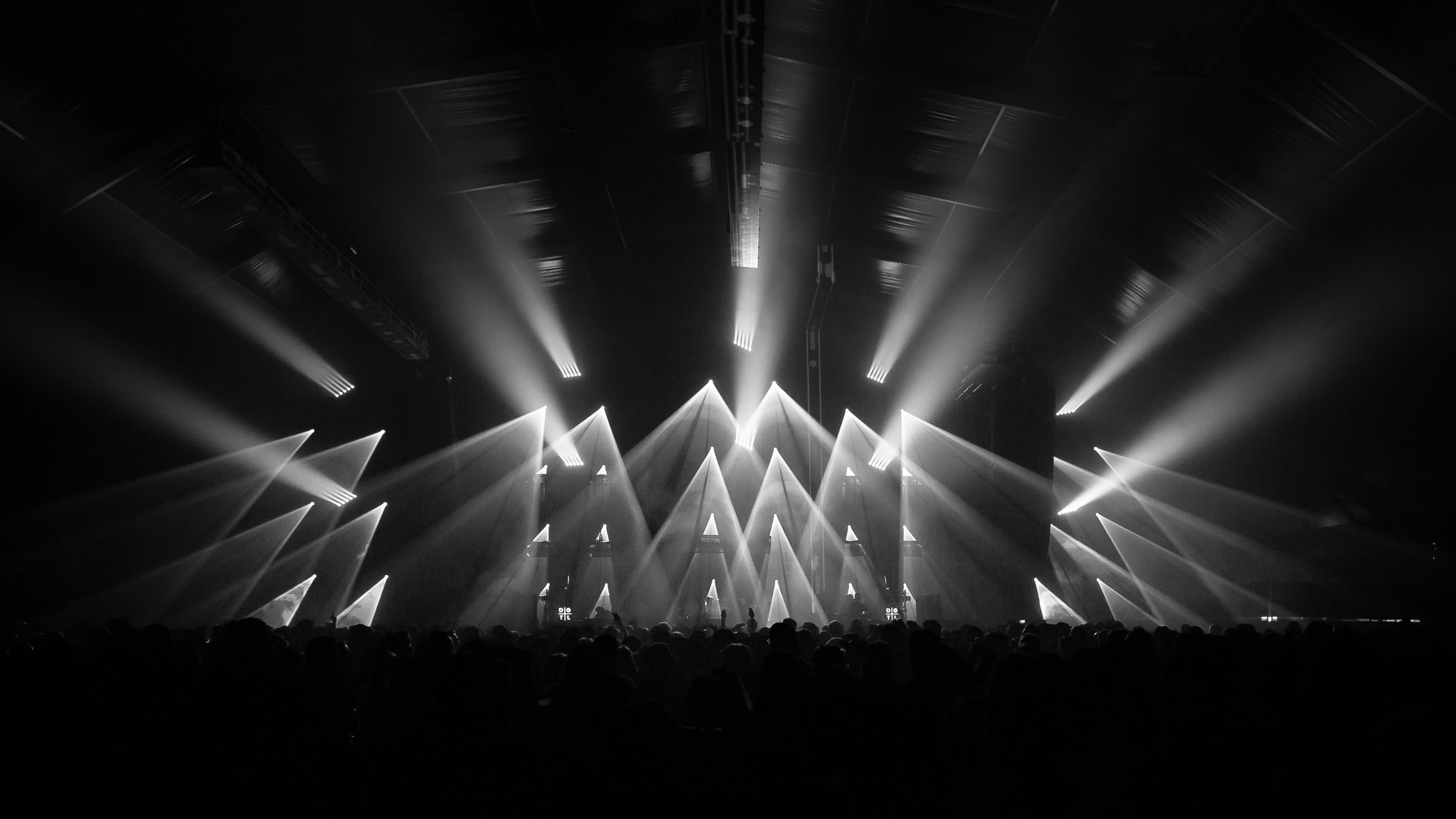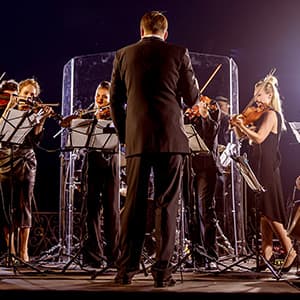

Brahms Fourth Tickets
Up to 30% Off Compared to Competitors.
Location: Select Location (e.g, New York)
Events Nearby
We're Sorry. There are currently no events near you.
About Brahms' Fourth
In recent concert seasons, Brahms' Fourth Symphony has remained a popular choice among orchestras worldwide. It continues to be performed by leading orchestras, such as the Berlin Philharmonic, Chicago Symphony Orchestra, and the Vienna Philharmonic, frequently featured due to its dramatic depth and orchestral brilliance. Music festivals often include this piece in their repertoire, emphasizing its ongoing relevance in classical music. Notably, collaborations between renowned conductors and esteemed soloists have brought fresh interpretations of Brahms' Fourth, showcasing its enduring appeal to contemporary audiences. This symphony is often programmed alongside other masterpieces, enhancing its status in concert halls. Additionally, virtual concerts and streaming platforms have allowed this magnificent work to reach wider audiences, making it accessible to those unable to attend live performances. Upcoming events are promising fresh insights into Brahms' Fourth, as musicians explore new forms of expression through this timeless piece, blending tradition with modern interpretive styles. As classical music continues to evolve, Brahms’ Fourth Symphony remains a staple, undoubtedly captivating future generations of concert-goers and musicians alike.
Brahms' Fourth History
Johannes Brahms' Symphony No. 4 in E minor, Op. 98, was completed in 1885 and is one of the key cornerstones of the symphonic repertoire. Brahms, a master of the late Romantic style, composed this symphony during a period marked by the influence of earlier composers, particularly his admiration for Beethoven’s legacy. Unlike his previous symphonies, Brahms' Fourth is notable for its integration of traditional forms with innovative harmonic progressions. This symphony is celebrated for its structural complexity, lyrical beauty, and emotional depth, often reflecting themes of melancholy and introspection, which were influenced by Brahms' own life experiences and struggles. The piece opens with a somber introduction that leads into a dynamic Allegro, showcasing Brahms' expert orchestration and rhythm. It is also famed for its poignant final movement, which uses variations of a theme derived from a passacaglia, a Baroque form, anchoring Brahms' connection to musical history while simultaneously proving his originality. The premiere of Symphony No. 4 was held at the Vienna Musikverein on October 25, 1885, conducted by the composer himself, where it was met with critical acclaim and established Brahms as a leading figure in symphonic music.
